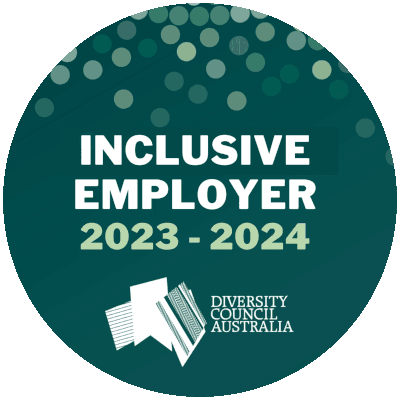What do you do for a living?
I create safe spaces for men (boys and adults) to be vulnerable in order to connect with their hearts as the pathway to strengthen and support themselves, their family and their community.
How does your work intersect with Aboriginal communities?
I work as the Mens Program Coordinator at Bendigo District Aboriginal Cooperative. As part of this I am privileged to run the Merrijig Mooroopook men’s healing program together with a local Elder that addresses men’s use of violence.
Impacts/effects of the current situation had on you personally
My family had to leave Uruguay as political refugees as a result of oppressive police/military violence. We were raised with a mistrust of power and strong sense of social justice. The racism in this country is obvious to me at both systemic and societal level and needs to end. This country needs to have some hard conversations about its past and present in order to move together into the future.
What are the impacts/effects of the current situation had on the youth?
The Aboriginal community has been fighting this fight since the start of colonisation and people are tired of fighting. The youth see this and carry this burden and it becomes part of the ongoing intergenerational trauma. The youth are strong, however, and are finding new ways to make change.
Is there more funding needed in parliament to advocate for First Nations people?
Yes, but kicking out some old white fossils and bringing in more women and people of diverse backgrounds would be a good starting point.
Is there a stronger voice needed in parliament to advocate for First Nations people?
There is no voice. This country was offered a beautiful and generous opportunity with the Uluru Statement from the Heart but that was rejected. A heartbreaking moment.
How can people in the sector advocate for First Nations people?
Listen to and learn from Aboriginal and Torres Strait Islander workers and organisations, understand the work they are doing in the family violence sector. They are leading the way with a whole of community response, wrap-around supports, trauma-informed etc… the mainstream (society) needs to wake up and catch up.
Where can people in the sector get help and advice to better assist First Nations people?
I would suggest starting with learning about local organisations doing the work in your area. Every community is different.
If you believe there’s a great piece of advice that would be useful for people around Australia, what would it be?
Educate yourself. Learn about this country’s real history. Self-reflect on your own privilege. Decolonise yourself – look into your own ancestry as a pathway to respecting others. Listen to Elders but don’t burden them with your own ‘stuff’. Do the inner work to be able to do the outer work.















